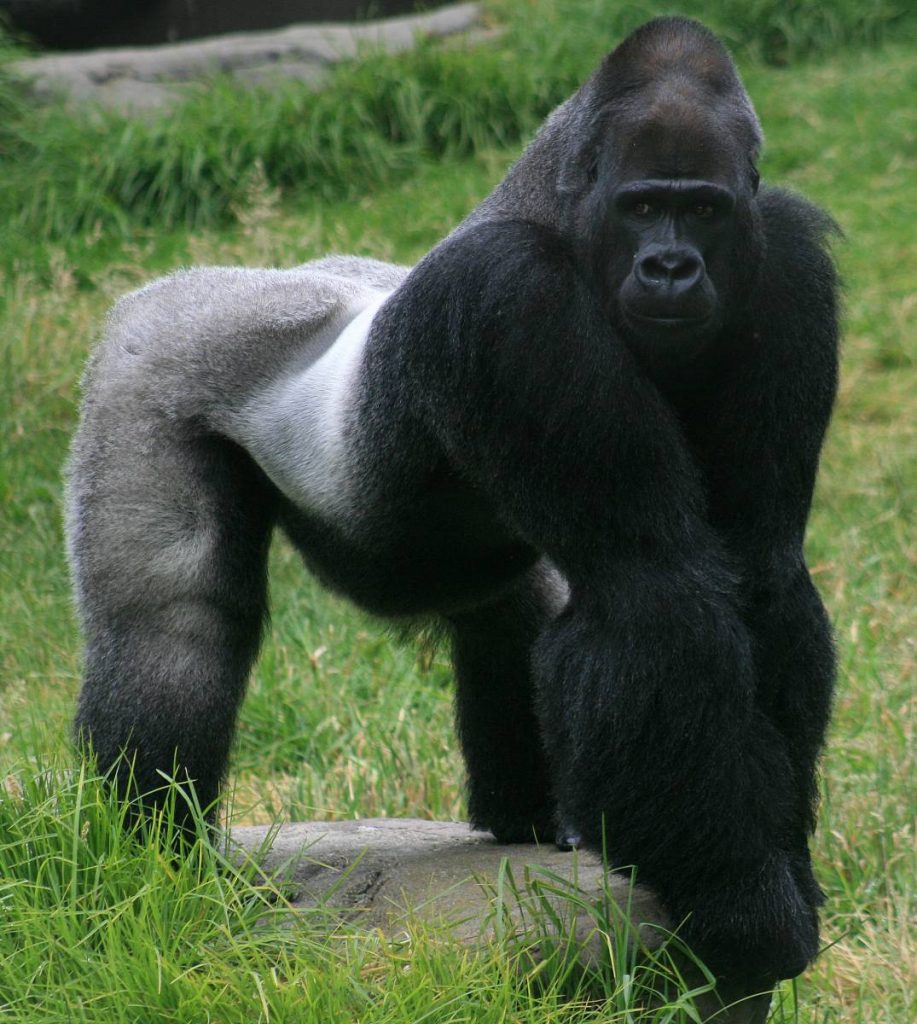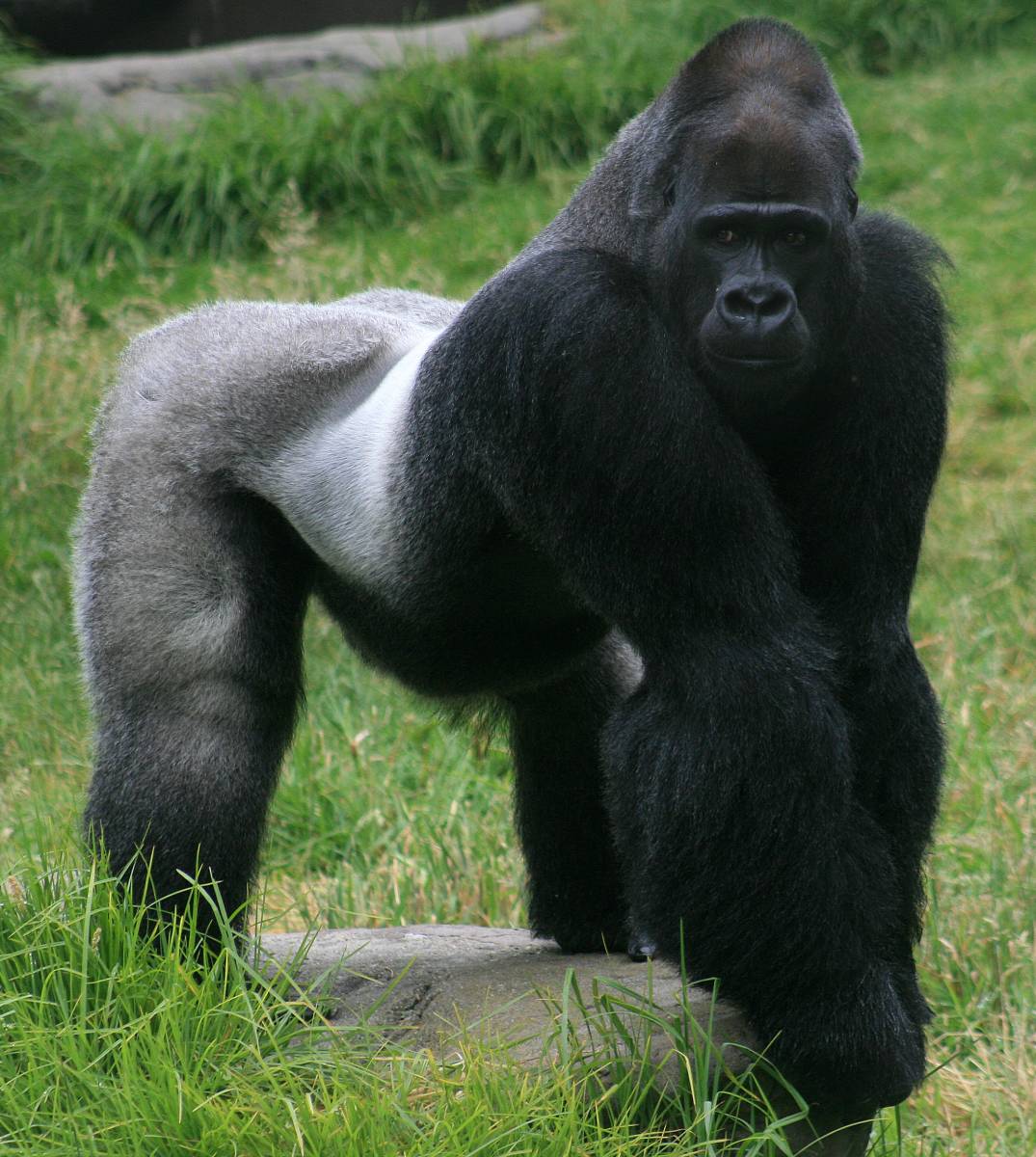They are thought to have contracted the virus from an asymptomatic zoo worker, though this has yet to be confirmed…reports Asian Lite News
Several gorillas at California’s San Diego Zoo have tested positive for Covid-19. Its believed to be the first known cases among such primates in US.
According to NDTV reports, Two primates developed cough last week and have since tested positive for Covid-19, while a third is showing mild symptoms.
They are thought to have contracted the virus from an asymptomatic zoo worker, though this has yet to be confirmed, NDTV reported.
Humans are not the only species facing a potential threat from the novel coronavirus, but several critically-endangered gorillas, orangutans, gibbons, gray whales and bottlenose dolphins as well as Chinese hamsters are also at an equal risk of getting infected, say researchers.
Domestic animals such as cats, cattle and sheep have been found to have a medium risk and dogs, horses and pigs were found to have low risk for contracting the deadly disease to date.
According to a new study from the University of California, Davis (UC Davis), endangered species are predicted to be at Covid-19 risk.
An international team of scientists used genomic analysis to compare the main cellular receptor for the virus in humans called angiotensin converting enzyme-2 (ACE2) in 410 different species of vertebrates, including birds, fish, amphibians, reptiles and mammals.

ACE2 is normally found on many different types of cells and tissues, including epithelial cells in the nose, mouth and lungs.
In humans, 25 amino acids of the ACE2 protein are important for the virus to bind and gain entry into cells.
The researchers used these 25 amino acid sequences of the ACE2 protein, and modeling of its predicted protein structure together with the SARS-CoV-2 spike protein, to evaluate how many of these amino acids are found in the ACE2 protein of the different species.
“Animals with all 25 amino acid residues matching the human protein are predicted to be at the highest risk for contracting SARS-CoV-2 via ACE2,” said Joana Damas, first author for the paper and a postdoctoral research associate at UC Davis.
“The risk is predicted to decrease the more the species’ ACE2 binding residues differ from humans,” Damas said in a paper published in the journal Proceedings of the National Academy of Sciences.
Several critically-endangered primate species, such as the Western lowland gorilla, Sumatran orangutan and Northern white-cheeked gibbon, are predicted to be at very high risk of infection by SARS-CoV-2 via their ACE2 receptor.
Other animals flagged as high risk include marine mammals such as gray whales and bottlenose dolphins, as well as Chinese hamsters.
Research has shown that the immediate ancestor of SARS-CoV-2 likely originated in a species of bat.
Also read:US labels Houthi militia as ‘terrorist group’









